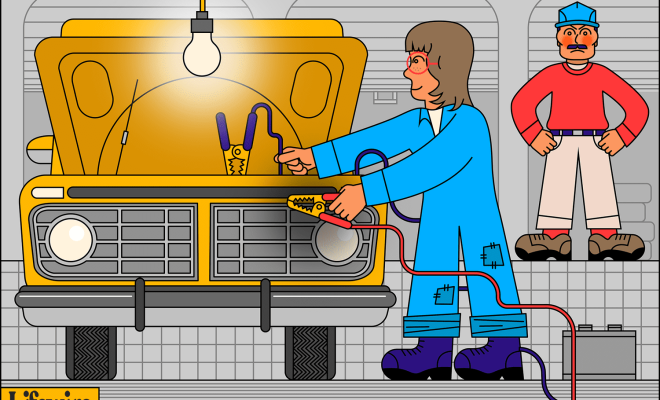Car Batteries Are Made to Die

Contrary to popular belief, car batteries are not made to die. In fact, manufacturers strive to create car batteries that last as long as possible. However, there are a number of factors that can cause a car battery to fail prematurely.
The most common reason for premature battery failure is a lack of maintenance. Over time, the terminals and connectors on a car battery can become corroded, which can prevent the battery from charging properly. Additionally, if the battery is not being used regularly, it can become discharged and lose its ability to hold a charge.
Another common cause of battery failure is extreme temperatures. Both hot and cold temperatures can cause a battery to fail prematurely. In hot temperatures, the battery fluid can evaporate, which can cause the battery to become damaged. In cold temperatures, the battery’s ability to hold a charge can be reduced, which can cause the battery to fail.
Finally, the age of the battery can also play a role in its failure. Most car batteries are designed to last between three and five years. After this time, the battery’s ability to hold a charge will begin to diminish, which can cause the battery to fail.
It is important to note that there are some factors that are beyond the control of the battery manufacturer. For example, if a car is being driven in stop-and-go traffic or in extreme weather conditions, the battery will be subjected to more stress than if it was being driven on a highway in mild weather conditions. This can cause the battery to fail prematurely.
In conclusion, while car batteries are not made to die, there are a number of factors that can cause them to fail prematurely. Regular maintenance, avoiding extreme temperatures, and replacing the battery when it reaches the end of its life are all important steps that can help prolong the life of a car battery.






